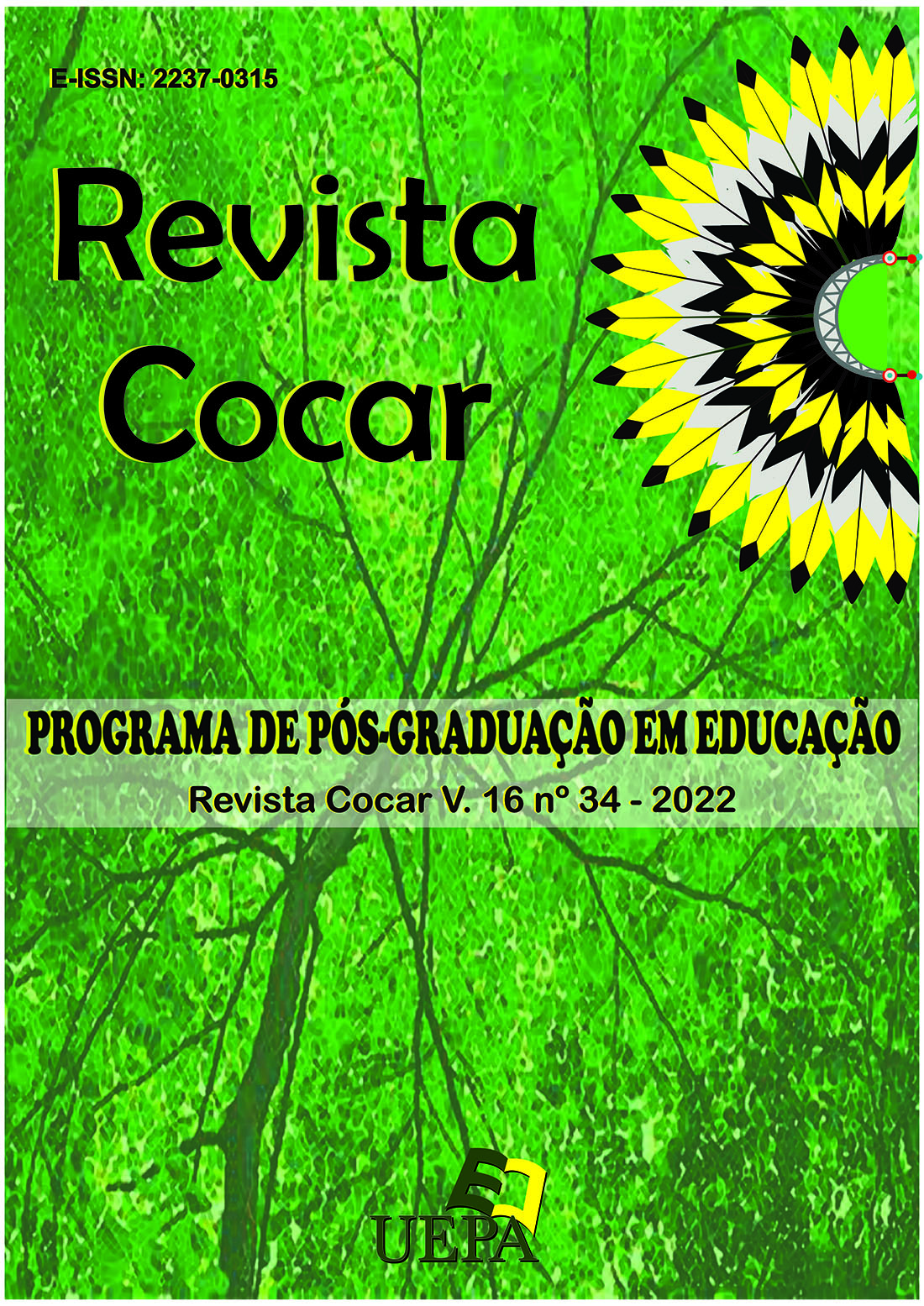Nísia Floresta: Pensamento pedagógico-feminista
Nísia Floresta: Pedagogical thinking feminism
Resumo
Educadora brasileira, a nordestina Dionísia Gonçalves Pinto se manifestou firmemente pelo direito das mulheres à educação e à escola. Assim, é considerada, por historiadores, a pioneira da educação e do feminismo no Brasil. Para ela, a mulher deveria ter acesso a uma educação igual à dos homens, direito ao trabalho e deveria ser digna de respeito, um sujeito de direitos. Além disso, Nísia Floresta, como ficou conhecida, enfatizava que as mulheres pudessem ser consideradas sujeitos com a mesma capacidade cognitiva. Para a sociedade da época, o homem era um ser “completo”, portanto, superior à mulher, vista como um ser incompleto e de baixo desenvolvimento cognitivo. Este artigo propõem apresentar pressupostos pedagógicos do seu pensamento a partir de três obras: Opúsculo humanitário, A mulher e o poema “As lágrimas de um caeté”.
Palavras-chave: Educação; Nísia Floresta; Pensamento pedagógico; Feminismo.
Abstract
A Brazilian educator, Dionísia Gonçalves Pinto, from the Northeast of Brazil, strongly advocated for women's right to education and schooling. Thus, she is considered, by historians, the pioneer of education and feminism in Brazil. For her, women should have access to an education equal to that of men, the right to work and should be worthy of respect, a subject of rights. In addition, Nísia Floresta, as she became known, emphasized that women could be considered subjects with the same cognitive capacity. For the society of the time, the man was a “complete” being, therefore, superior to the woman, seen as an incomplete being and of low cognitive development. This article proposes to present pedagogical assumptions of his thought from three works: Humanitarian booklet, The woman and the poem “Tears of Caeté”.
Keywords: Education; Nísia Floresta; Pedagogical thinking; Feminism.























